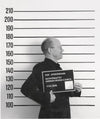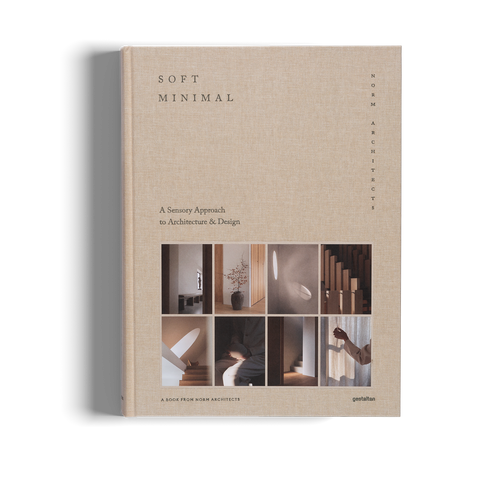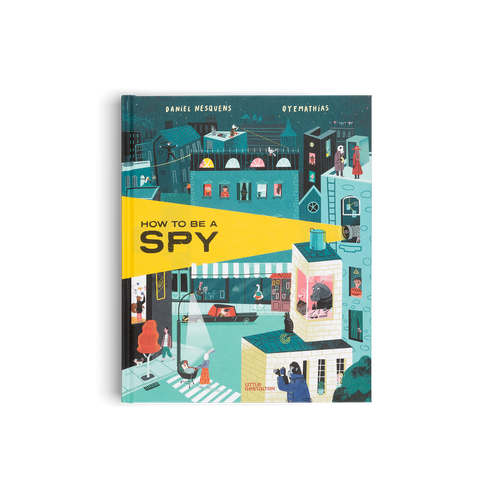
06/2017 visual culture
What does it take to be a designer in this day and age? It would seem that there are few more qualified than Erik Spiekermann. The German designer, whose life and career were documented in our book Hello, I am Erik, has been an industry leader for over a handful of decades, and he shows no signs of slowing down. We spoke with the chatty typographer ahead of the Monocle Quality of Life Conference in Berlin, where he will be on a panel alongside architect Daniel Libeskind and Mayor Franziska Giffey on June 30. Read our interview with Spiekermann below, or book your ticket to the conference to hear more from his perspective.


You’re known for the honest observation: “Don’t work for assholes. Don’t work with assholes”. How do you choose with whom to work and what projects are worth your time and energy?
It’s called experience. We all know whether we like someone or not. I trust my instincts.
From which mistakes have you learned the most?
Not communicating what I’m up to. I always presumed that my partners (my former partner, that is) knew what I was doing and that I was busy getting work. They thought I was just having a good time traveling the world. Until I left and the work dried up.




How do you stay excited about work after being in the same industry for so many years?
There’s always something new to learn. After getting into digital, I am now getting into post-digital.
Berlin’s a city with a marked history and an ever-changing zeitgeist. Revisiting the typographic work you did for the U-Bahn, how did you create an identity that reflected the past and anticipated the future?
We just left what was good from the past - like station names on the wall. Unfortunately, a lot of those have since been changed by people with no regard for history nor with a clue about passenger information. And we put the information not into the architecture but on top of it. Information changes over time, the buildings mostly do not.




What’s worse for Berlin: rising rent prices or DIY-poster aesthetics?
Rising rents, of course. They keep out the best people.
You could’ve moved anywhere for your work, especially with the boom in digital design. What kept you in Berlin?
I had spent 10 years in London until 1983. Then went back to Berlin and was pretty bored with the city by 1989. Then the wall came down …





















